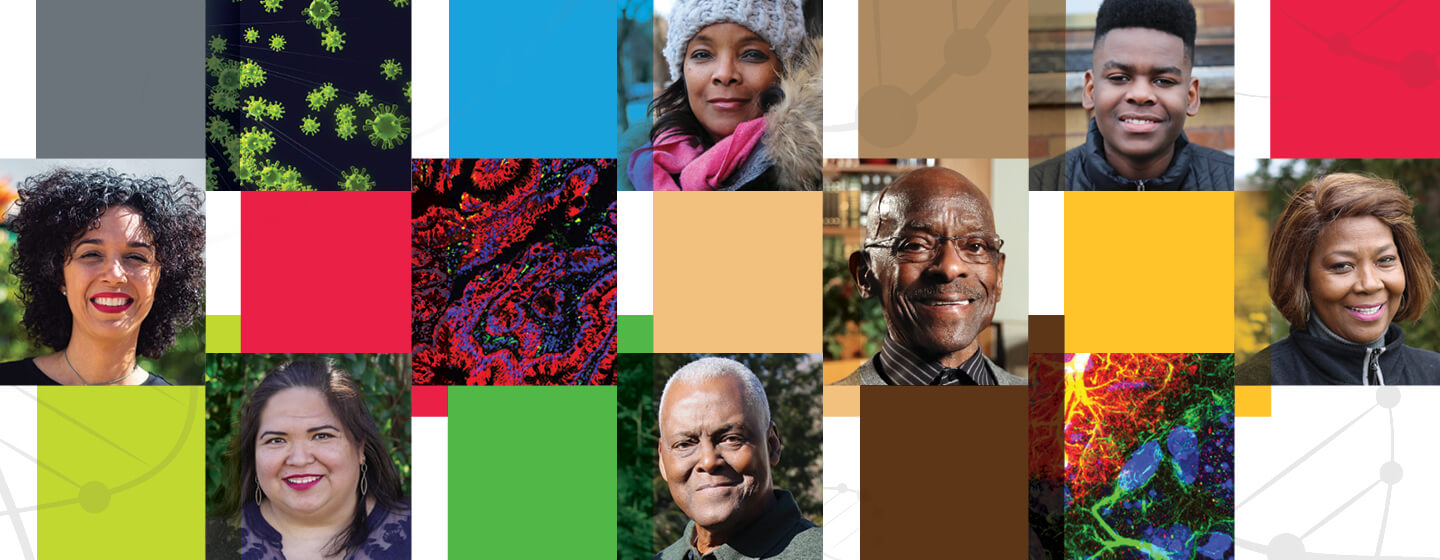Disseminating High-Impact Cancer Science
Guided by the vision of their expert editors-in-chief, AACR journals provide a critical forum for high-impact discoveries across the spectrum of basic, translational, clinical, and epidemiological cancer research.
Blood Cancer Discovery: A Vital New Publication Outlet for Research on Hematologic Malignancies
The AACR enhanced its leadership position in the field of hematologic malignancies with the launch of the organization’s ninth journal, Blood Cancer Discovery. Less than a year after the journal was announced at the AACR Annual Meeting 2019, the first papers were published online in January 2020, followed by the first full issue in July.
Under the guidance of founding editors-in-chief Riccardo Dalla-Favera, MD, FAACR, and Kenneth C. Anderson, MD, FAACR, the journal publishes high-impact, innovative basic, translational, and clinical research on all subtypes of leukemia, lymphoma, and myeloma, as well as associated diseases. The editors-in-chief set the tone for the journal in an introductory editorial in which they shared their perspectives on the current and future landscape of this area of research—from the most intriguing new developments in clinical and basic research to ways in which to approach the most formidable barriers to progress. The issues published in 2020 covered the full spectrum of blood cancer science and medicine, including papers on the transcriptional and metabolic circuits driving myeloid and lymphoid leukemia; the role of miRNA in NK-mediated immunity and CML stem cells; and clinical correlates of COVID-19 severity in multiple myeloma.
New Information Products: AACR Virtual Journal Club
AACR journals have always paired innovative science with critical context, publishing commentaries and perspectives with impactful papers to discuss their value in relation to the field. The AACR brought that vital context to a new platform in 2020 with the launch of the AACR Virtual Journal Club, a series of webinar discussions with the authors of high-profile articles. The first three installments of the series highlighted papers by leaders in their fields:
- Molecular Drivers of Infant High-Grade Gliomas. In June, Chris Jones, PhD, discussed his recent Cancer Discovery paper titled "Infant High-Grade Gliomas Comprise Multiple Subgroups Characterized by Novel Targetable Gene Fusions and Favorable Outcomes," which showed that kinase fusion-positive tumors have better outcomes than other subgroups and respond to targeted therapy clinically.
- Clonal Trajectories and Cellular Mechanisms of Relapse in Acute Lymphoblastic Leukemia (ALL). The July edition featured two papers on critical elements of ALL published in Cancer Discovery and Blood Cancer Discovery. John E. Dick, PhD, FRS, FAACR, and Charles G. Mullighan, MBBS (hons), MSc, MD, presented and answered questions about their joint papers titled "Relapse-Fated Latent Diagnosis Subclones in Acute B Lineage Leukemia Are Drug Tolerant and Possess Distinct Metabolic Programs" and "Mutational Landscape and Patterns of Clonal Evolution in Relapsed Pediatric Acute Lymphoblastic Leukemia.”
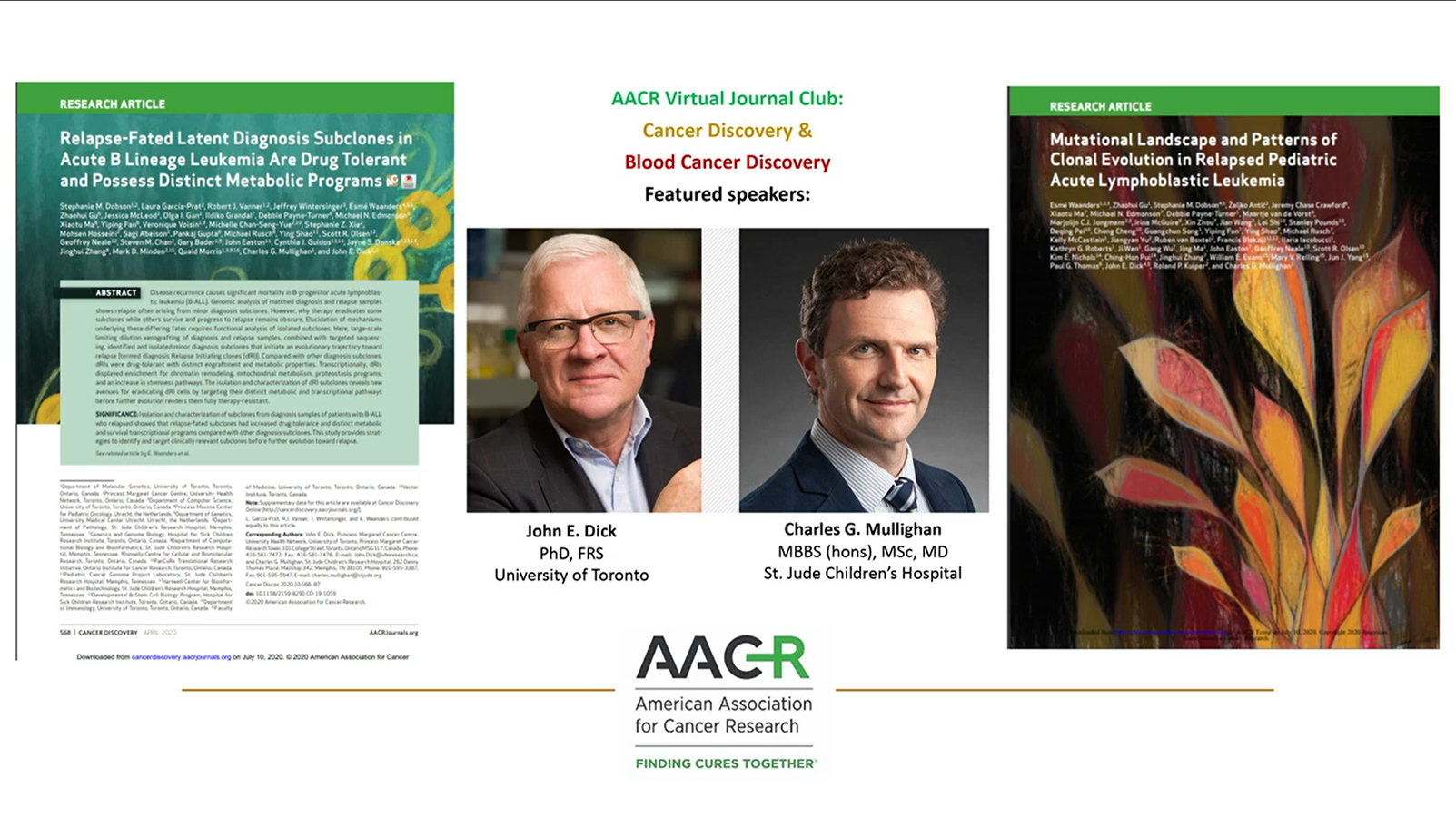
- The Direct and Indirect Impact of COVID-19 on Multiple Myeloma Patients. Malin Hultcrantz, MD, PhD, and Ola Landgren, MD, PhD, joined Nikhil C. Munshi, MD, and Blood Cancer Discovery editor-in-chief Kenneth C. Anderson, MD, FAACR, to discuss their paper titled “COVID-19 Infections and Clinical Outcomes in Patients with Multiple Myeloma in New York City: A Cohort Study from Five Academic Centers,” which showed a 29% mortality rate among myeloma patients who were hospitalized with COVID-19. Drs. Munshi and Anderson had published an accompanying commentary titled "Don't Compromise Myeloma Care Due to COVID-19 Pandemic," which called for myeloma patients to continue treatment with appropriate precautions during the pandemic.
Supporting Authors, Reviewers, and Editors during the Pandemic
As the COVID-19 outbreak forced the closure of laboratories and clinics, the AACR took action to minimize the disruption to cancer research and treatment. Journal operations were made more flexible to accommodate the needs of authors working to publish papers, and reviewers and editors working to evaluate them under difficult circumstances. Editorial staff scheduled virtual lab visits and hosted webinars to engage with current and potential authors and assist them with their manuscripts. Most importantly, the AACR launched a COVID-19 and Cancer Resource Center that provides free access to every article on COVID-19 published in AACR journals.
Scientific Publishing by the Numbers
4
AACR journals ranked in the top 25 out of 244 journals in the Oncology category with regard to impact factor, according to the 2020 Journal Citation Report.
29.497
Impact Factor for Cancer Discovery.
19.5 million
Full-text views of AACR journal articles in 2020.
32 days
Average turnaround time from submission to first decision across all AACR journals.
Editors-in-Chief
The AACR thanks its editors-in-chief for their hard work and stewardship of its scientific publishing program during 2020.
BLOOD CANCER DISCOVERY
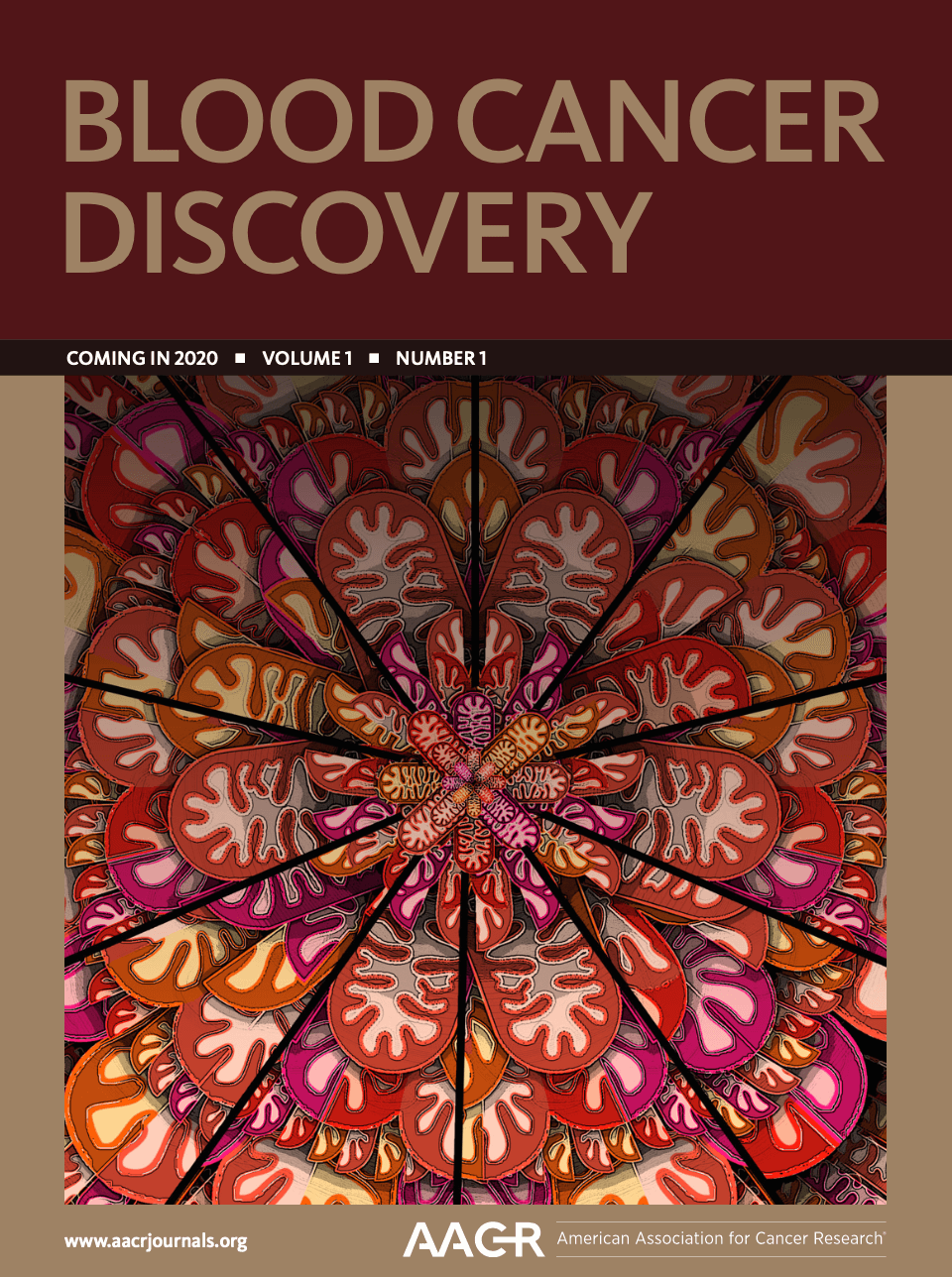

Riccardo Dalla-Favera, MD, FAACR
Columbia University
New York, NY

Kenneth C. Anderson, MD, FAACR
Dana-Farber Cancer Institute
Boston, MA
Cancer Discovery
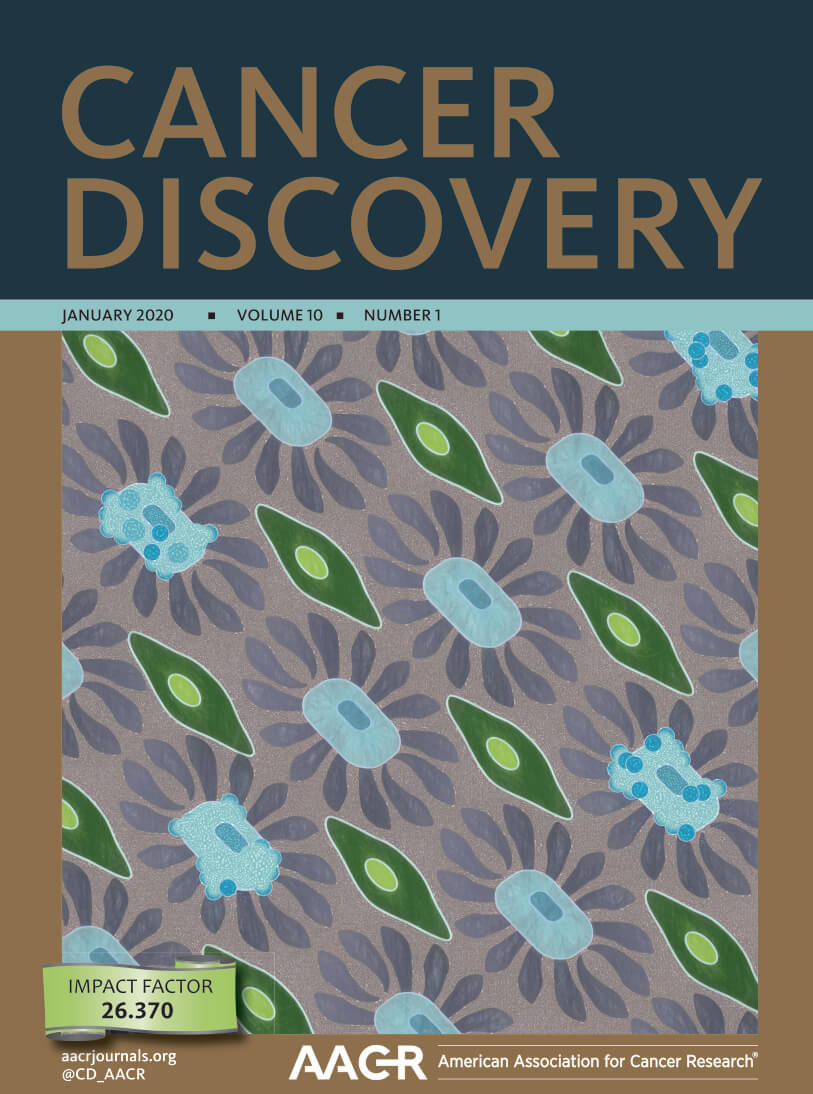

Lewis C. Cantley, PhD, FAACR
Sandra and Edward Meyer
Cancer Center at Weill Cornell Medical College
New York, New York

Luis A. Diaz, MD
Memorial Sloan Kettering Cancer Center
New York, New York
Cancer Epidemiology, Biomarkers & Prevention
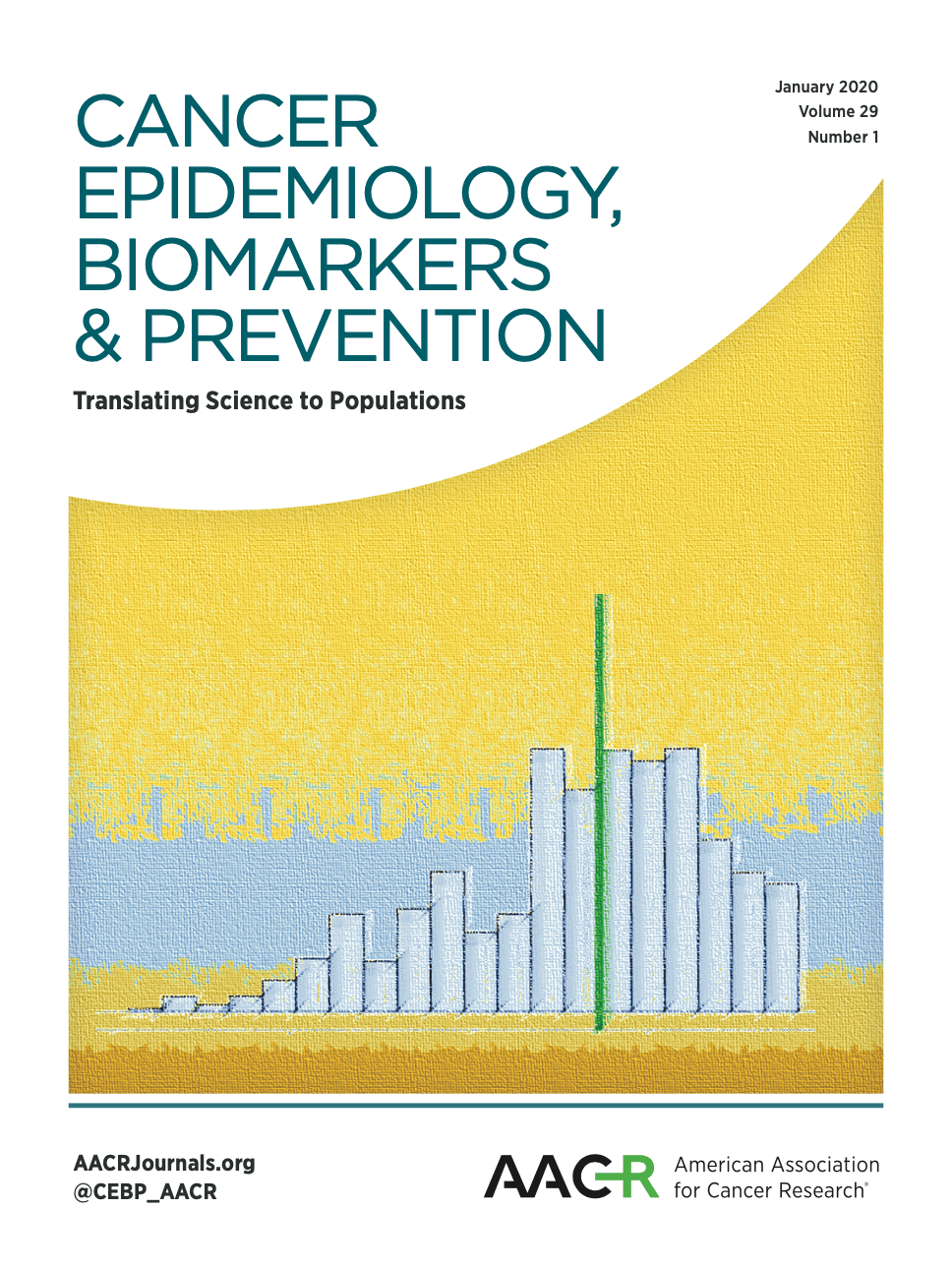

Elizabeth A. Platz, ScD, MPH
Johns Hopkins Bloomberg School of Public Health
Sidney Kimmel Comprehensive Cancer Center at Johns Hopkins
Baltimore, Maryland
Cancer Immunology Research
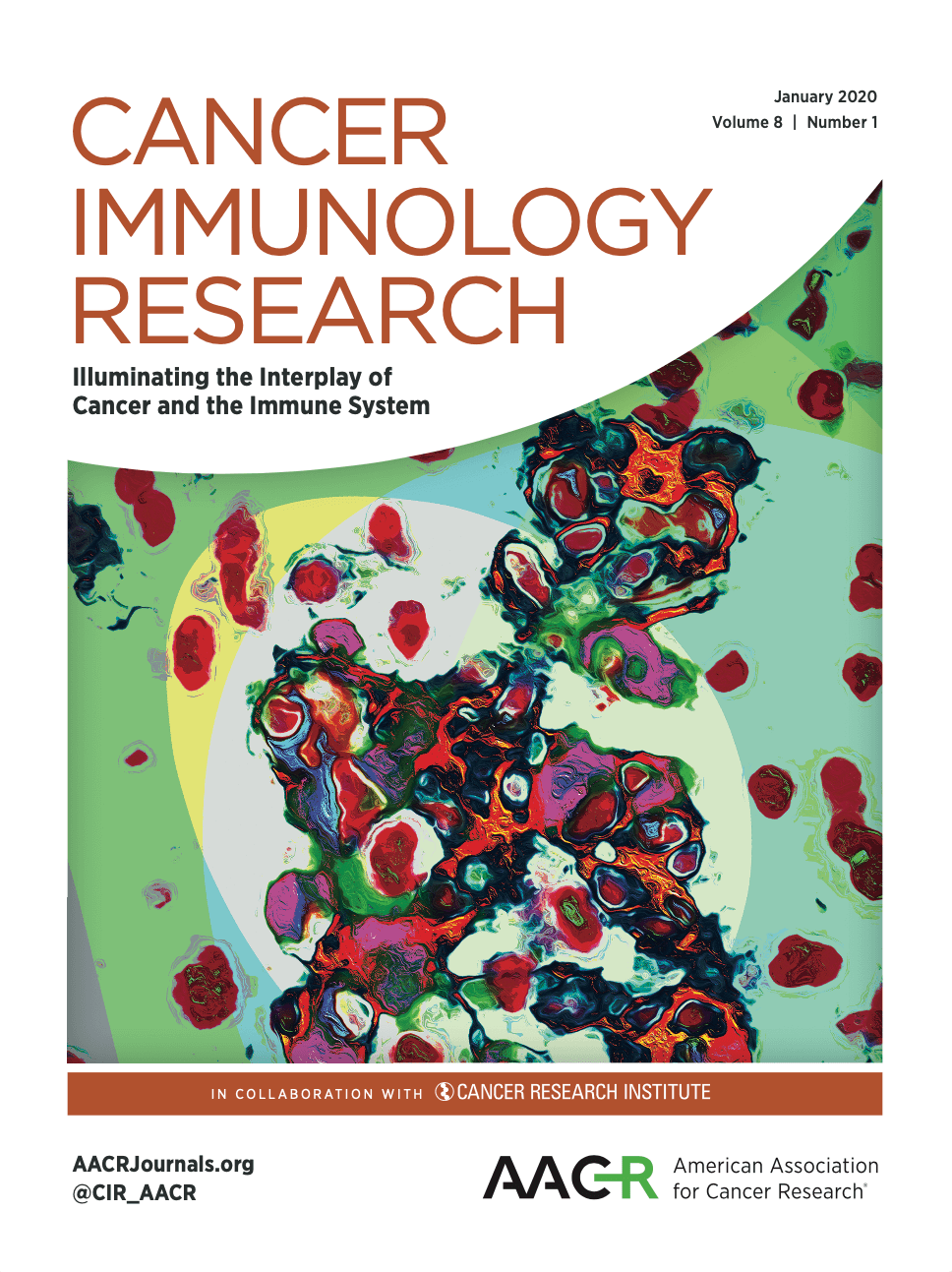
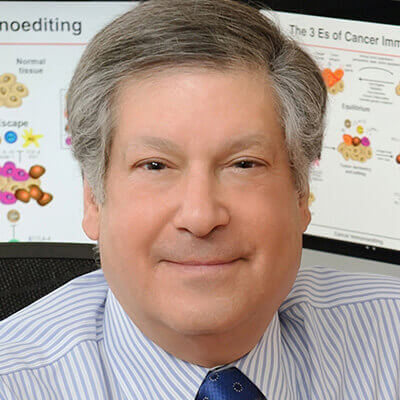
Robert D. Schreiber, PhD
Washington University School of Medicine
St. Louis, Missouri
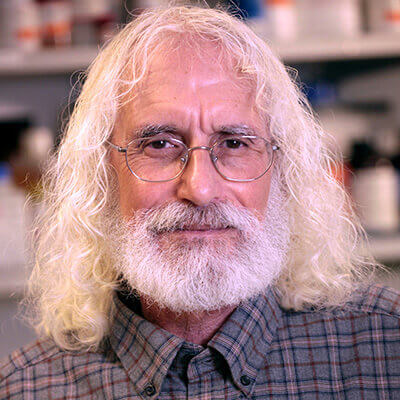
Philip D. Greenberg, MD, FAACR
Fred Hutchinson Cancer Research Center
Seattle, Washington
Cancer Prevention Research
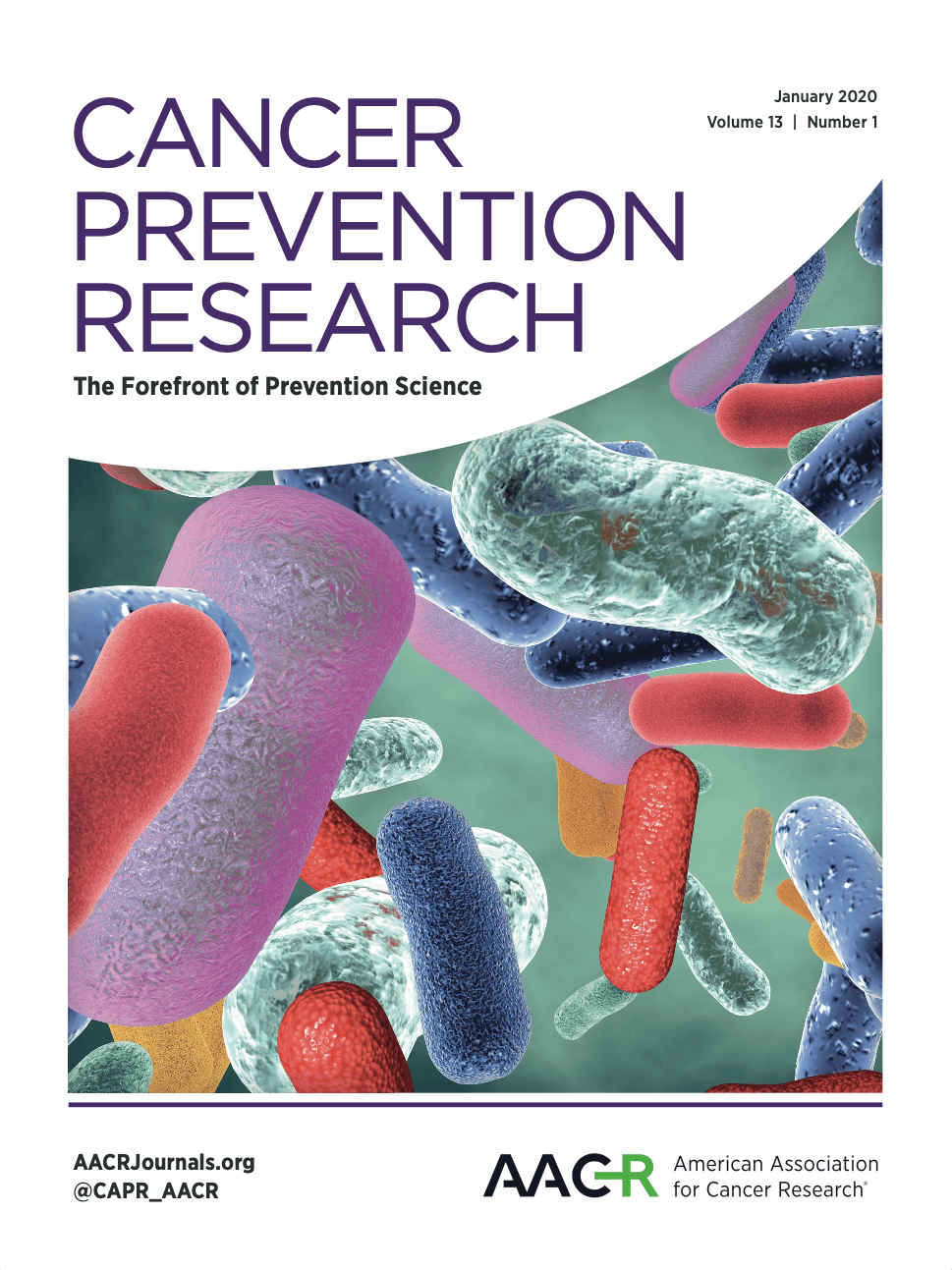
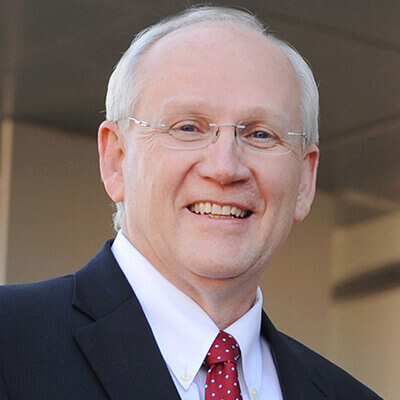
Raymond N. DuBois, MD, PhD, FAACR
Medical University of South Carolina
Charleston, South Carolina

Michael N. Pollak, MD
McGill University
Montreal, Quebec, Canada
Cancer Research
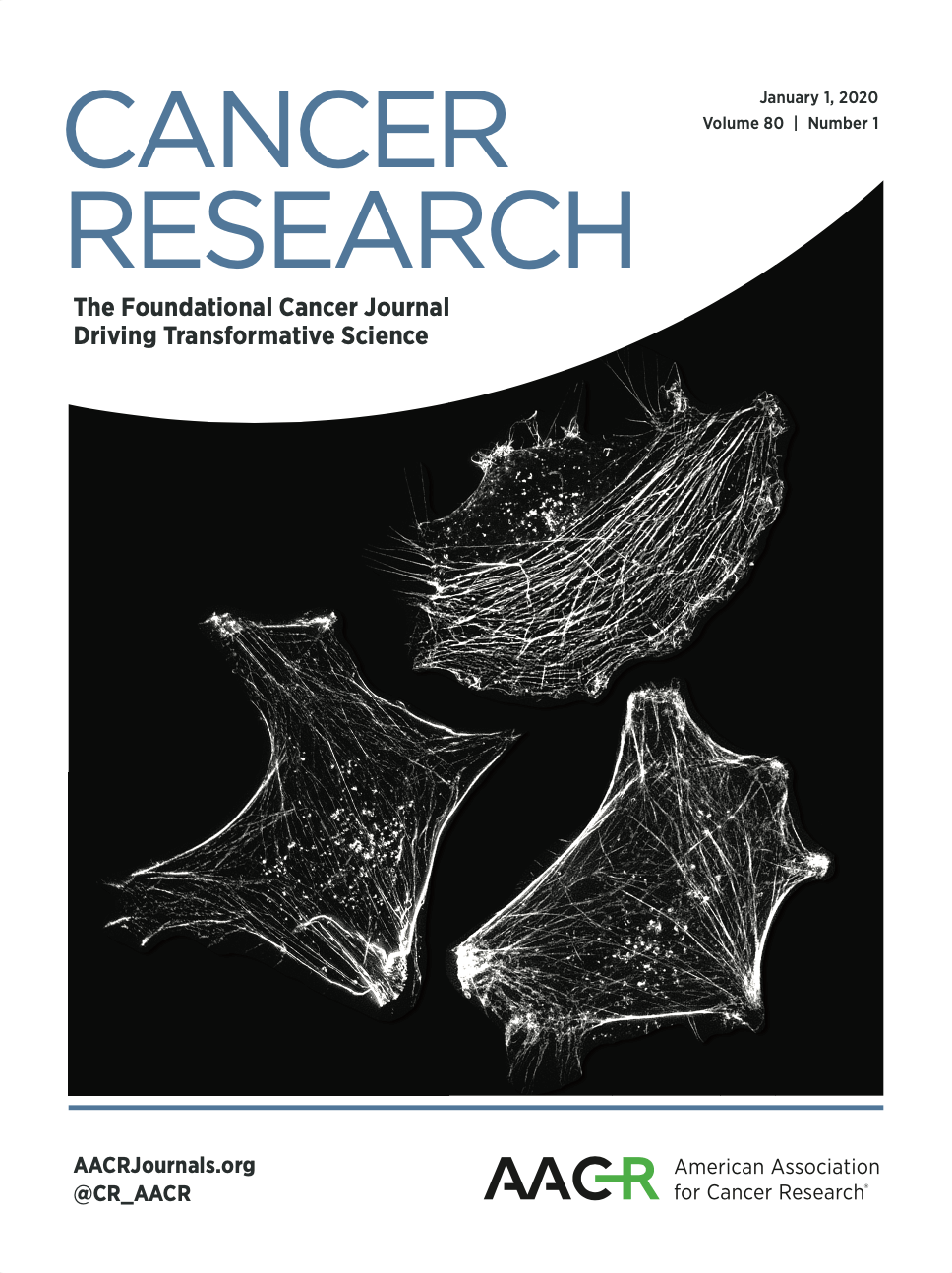

Chi Van Dang, MD, PhD, FAACR
Ludwig Institute for Cancer Research
New York, New York
The Wistar Institute
Philadelphia, Pennsylvania
Clinical Cancer Research
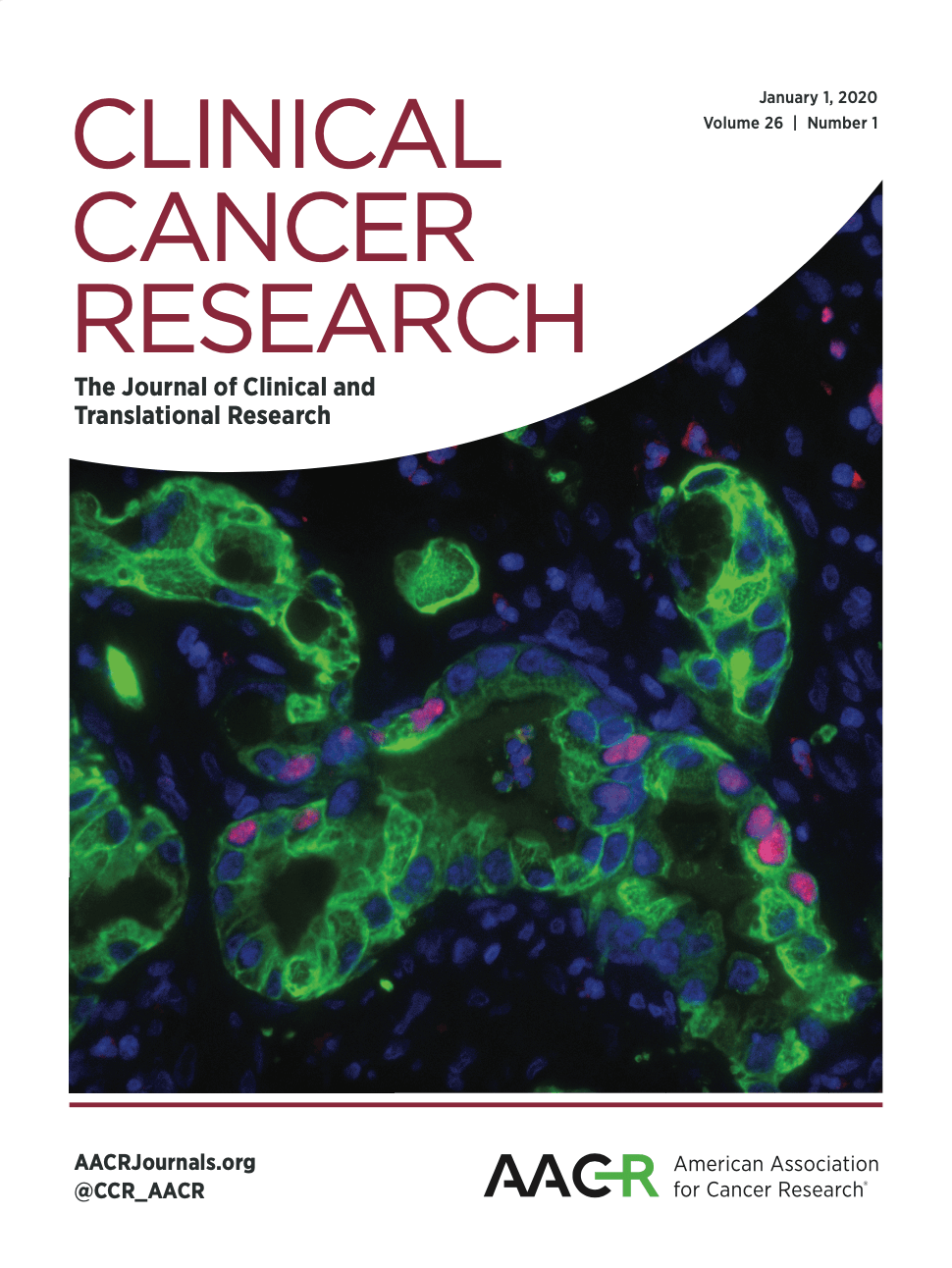

Keith T. Flaherty, MD
Massachusetts General Hospital Cancer Center
Boston, Massachusetts
Molecular Cancer Research
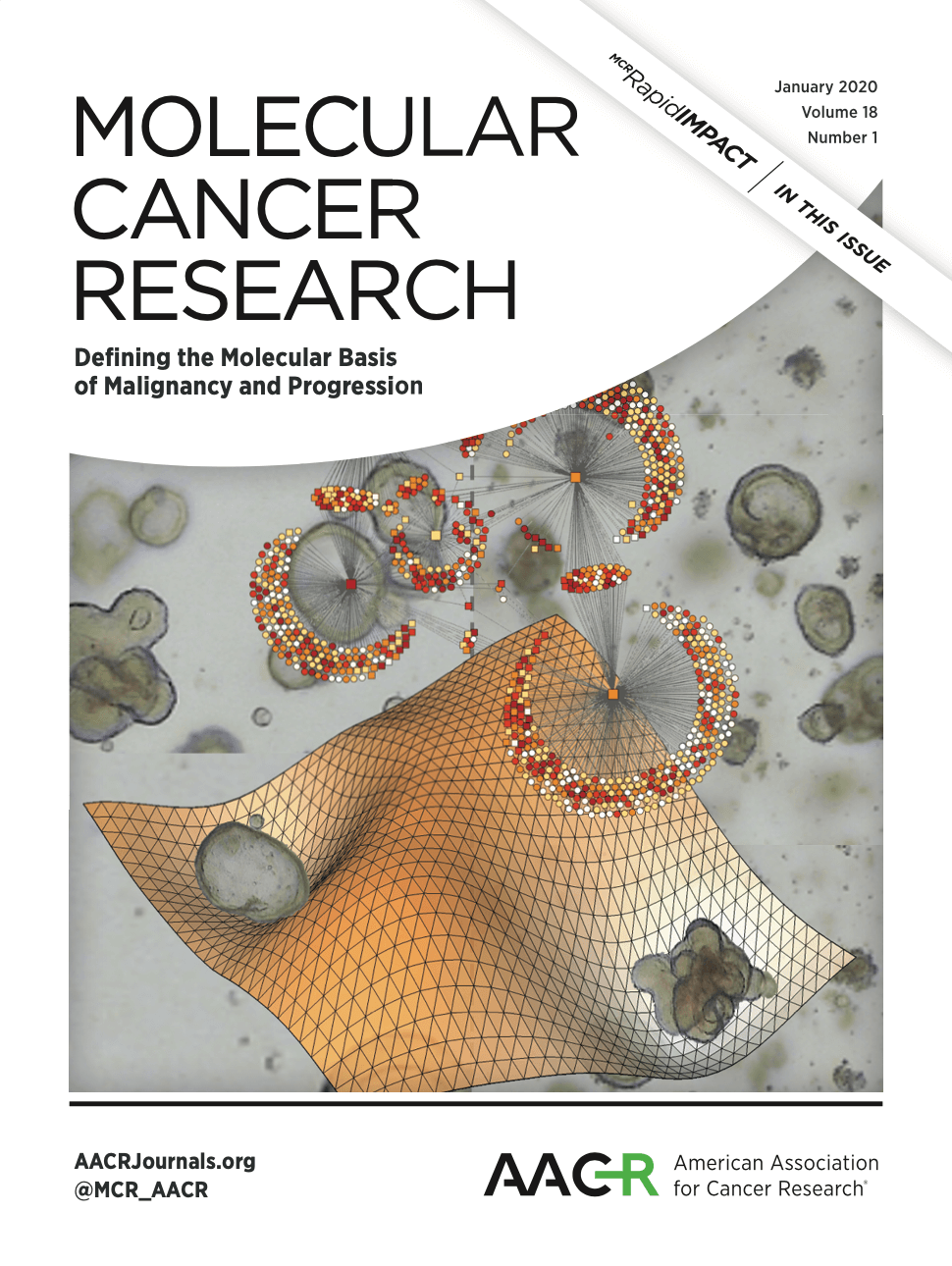

Karen E. Knudsen, PhD
Kimmel Cancer Center
Philadelphia, Pennsylvania
Molecular Cancer Therapeutics
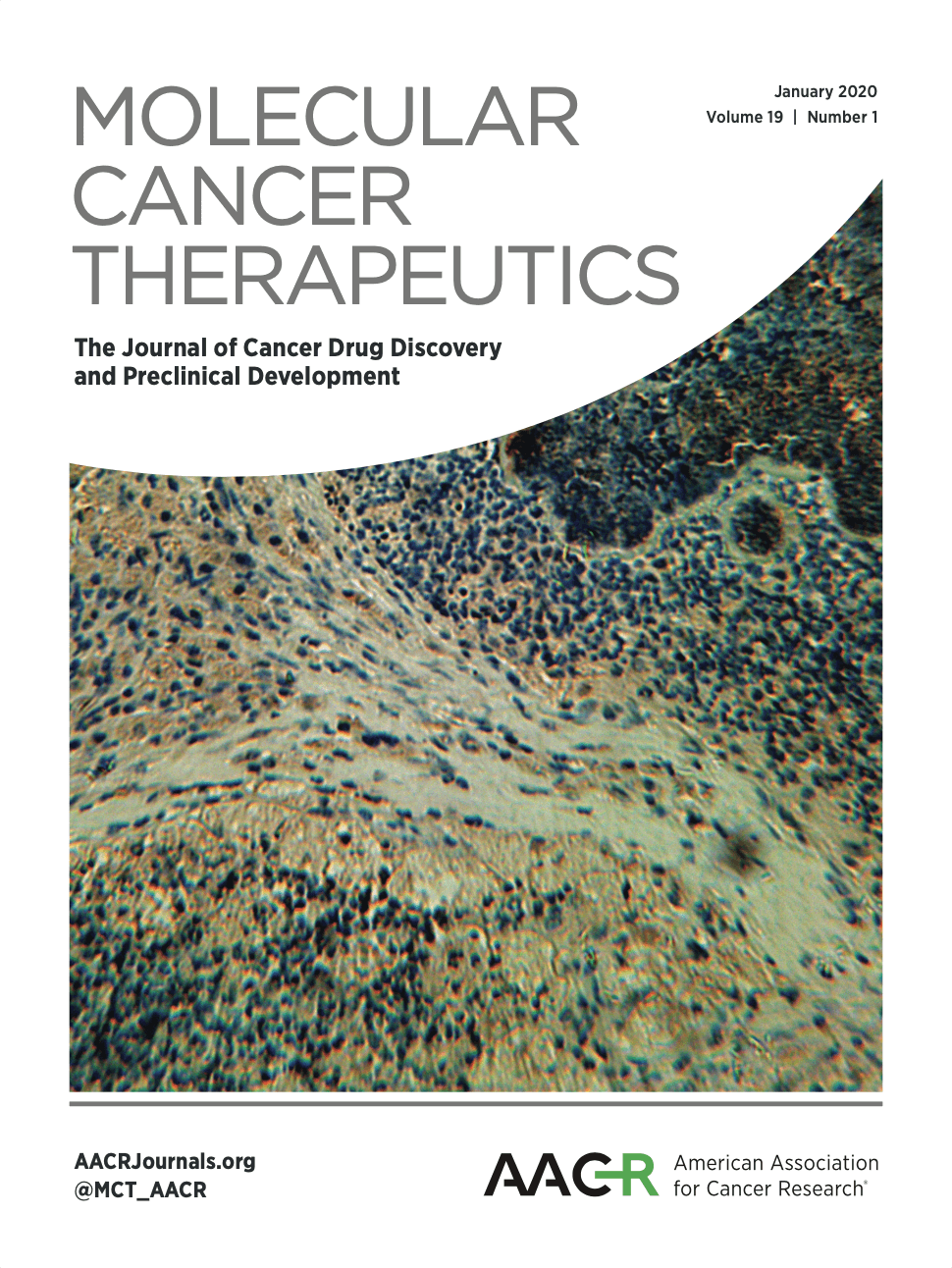

Beverly A. Teicher, PhD
National Cancer Institute
Bethesda, Maryland
